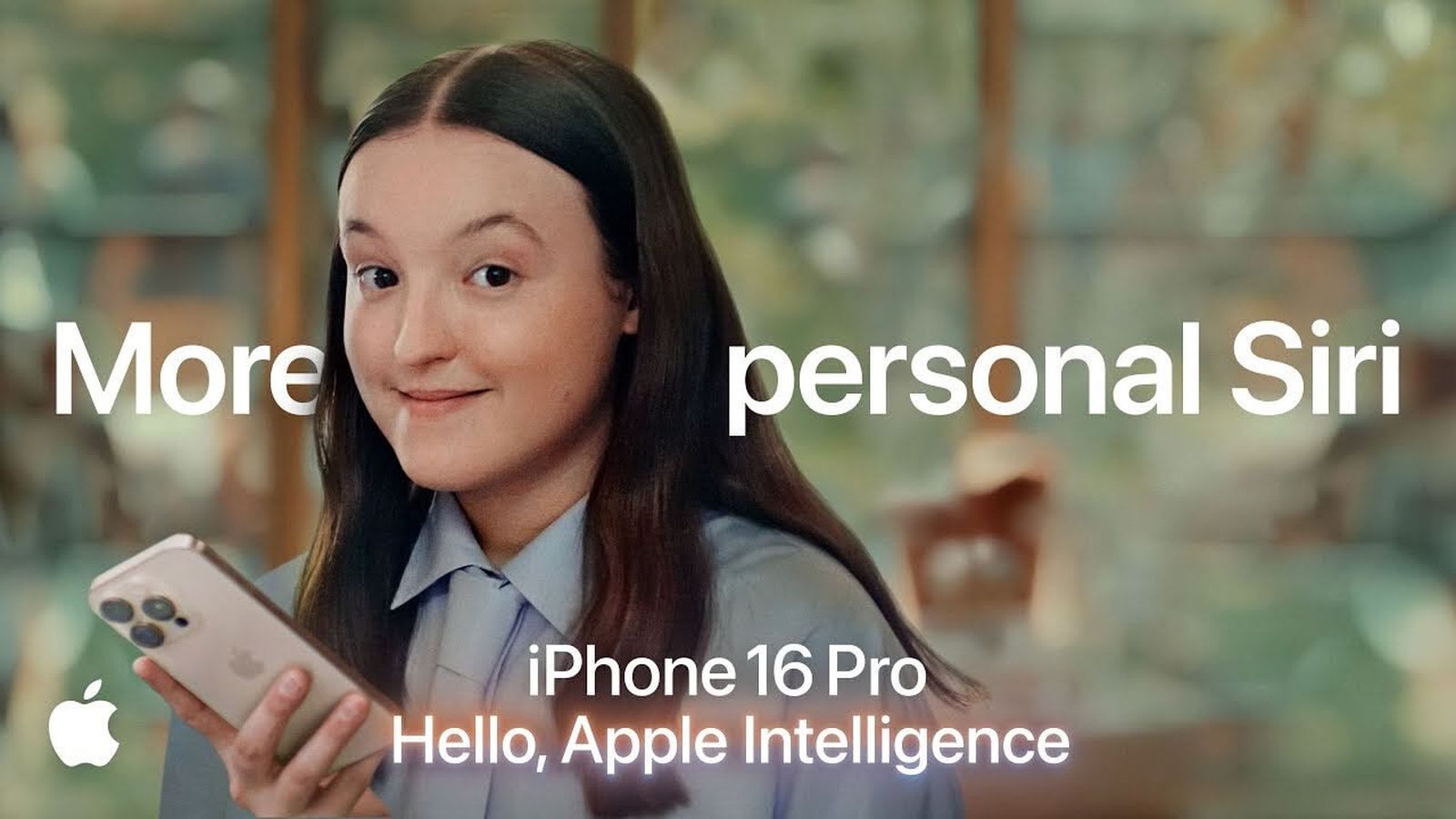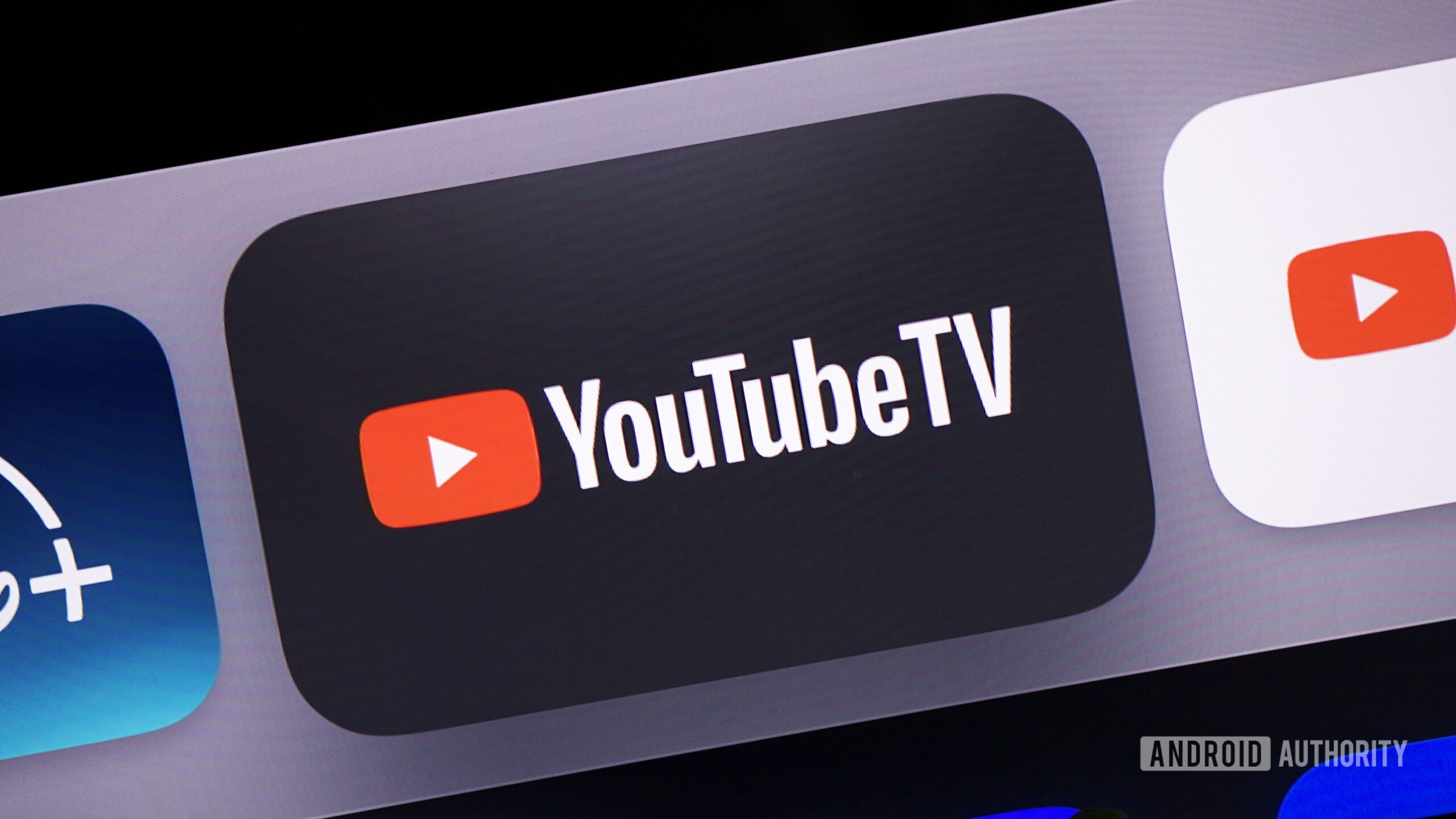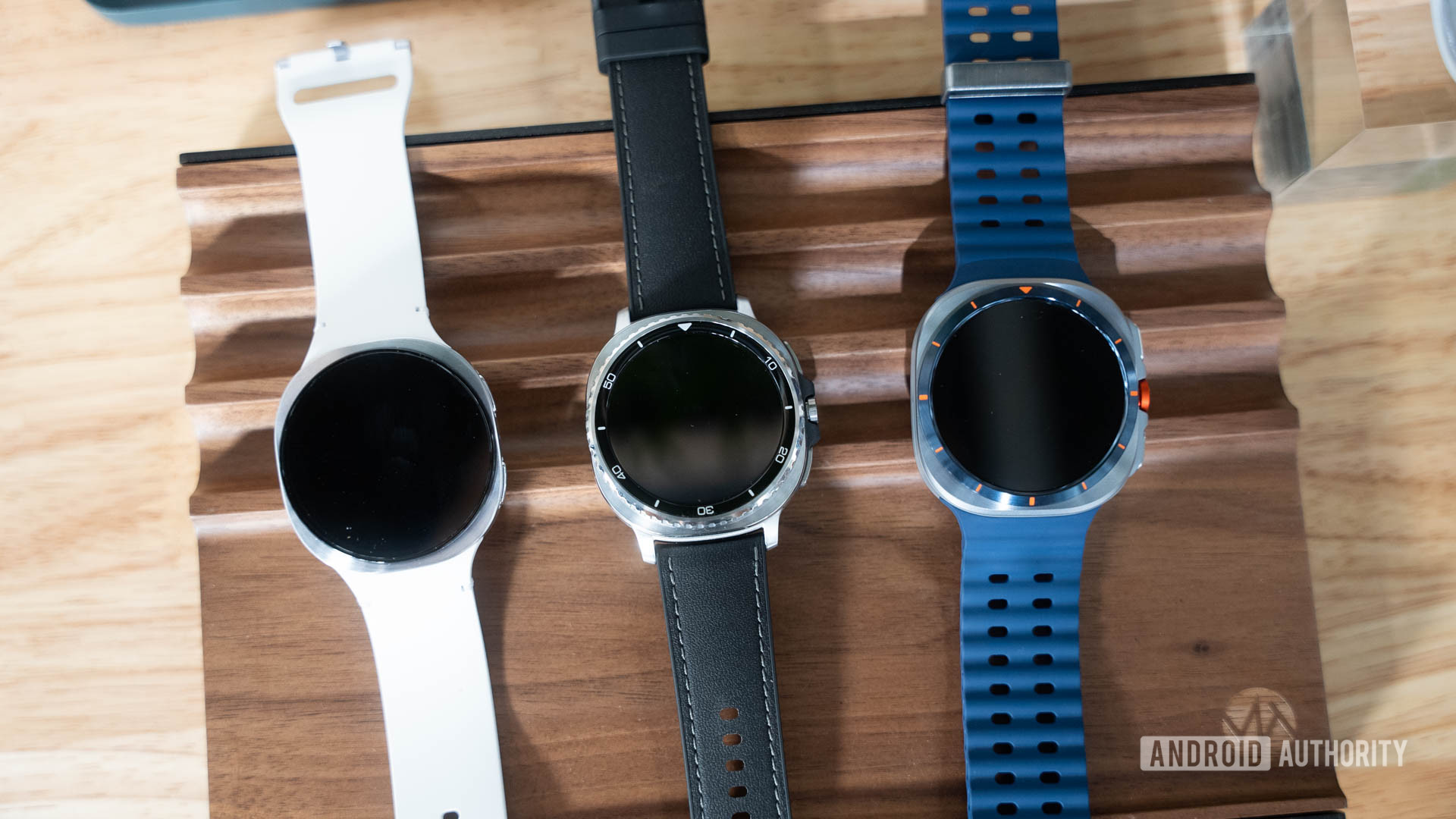Apple on Thursday filed a motion to dismiss a consolidated U.S.class action lawsuit related to delayed Siri features, according to court documents reviewed by .The delayed Siri features will be powered by Apple Intelligence, which was heavily advertised for the iPhone 16 models released last year.
The plaintiffs said they never would have purchased an iPhone 16, or would have paid less, had they known Apple's marketing surrounding the delayed Siri features was false.In response, Apple's lawyers said the delay of just two Siri features — contextual awareness and in-app controls — cannot support the lawsuit's wide-ranging claims."Plaintiffs complain about the timing of release of two features, despite the near-two dozen Apple Intelligence features that have already been delivered," said Apple's lawyers.
"This limited delay cannot support Plaintiffs' sweeping claims," the lawyers argued.Apple's lawyers said there are numerous issues with the complaint, as it is filed, and they said the delayed Siri features do not constitute a breach of warranty.By purchasing an iPhone 16, all of the plaintiffs have "benefitted from camera improvements, enhanced silicon and increased performance, upgraded displays, and numerous other hardware and software improvements," including more than 20 Apple Intelligence features that were already available prior to the lawsuit, the lawyers said.
In July, Apple CEO Tim Cook said his company was "making good progress" on the Siri features and aimed to release them "next year." Apple first announced the personalized Siri features during its WWDC 2024 keynote, but in March it announced they were delayed.The promised capabilities will include better understanding of a user's personal context, on-screen awareness, and deeper per-app controls.For example, Apple showed an iPhone user asking Siri about their mother's flight and lunch reservation plans based on info from the Mail and Messages apps.
Apple advertised the Siri features in product presentations, on its website, in a TV commercial starring actor Bella Ramsey, and elsewhere.Apple is reportedly aiming to release the features as part of iOS 26.4, in March or April next year.The case is Landsheft v.
Apple Inc., in the U.S.District Court for the Northern District of California.






